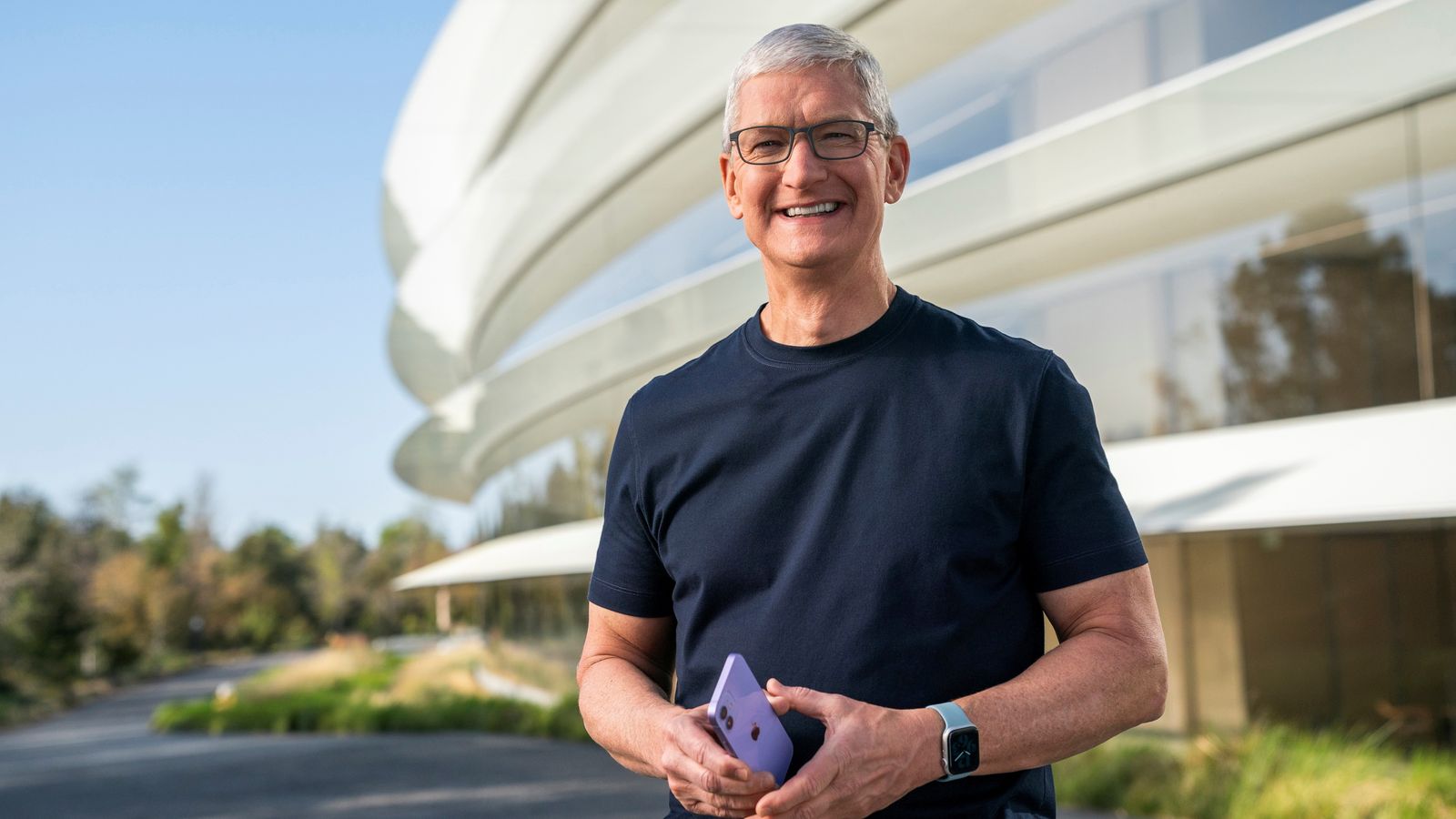Apple has settled a lawsuit against a security company called Corellium that makes virtual iPhones which it accused of intellectual property infringements.
The lawsuit was filed in 2019 in a bid to force Corellium to shut down its virtual iOS software that allowed security researchers to detect flaws exposing iPhones and iPads to hackers.
Although the terms of the settlement have not been disclosed, the Washington Post reported that the Corellium sales team confirmed the company was continuing to see virtual devices.
Corellium provides a security research platform that allows people to run the iPhone operating system, iOS, on their personal computers, enabling them to find vulnerabilities in it that could imperil their data.
Apple had claimed that the company was infringing its copyright by selling a copy of iOS without a license, and warned that hackers could use Corellium’s virtual machine to develop new tools to attack its users.
However, the company’s initial complaint against Corellium was dismissed in December 2020 when a federal court ruled that Corellium “had established fair use” for deploying Apple’s software.
Some of Apple’s legal arguments were described as “puzzling, if not disingenuous” by the judge, although the court permitted the company to continue with its copyright claims – although these have now been dropped.
The iPhone-maker had previously attempted to acquire Corellium in 2018, but was rebuffed by the company. It subsequently launched the lawsuit.
Civil society organisations such as the Electronic Frontier Foundation had warned that Apple’s copyright claims were a dangerous attempt to prevent legitimate, ethical research into the security of its devices.
The security of the company’s phones has been scrutinised recently following reports that governments were using the Pegasus spyware which exploited vulnerabilities in iOS to spy on the phones of political opponents, journalists and human rights activists.
Neither company has responded to a request for comment.
